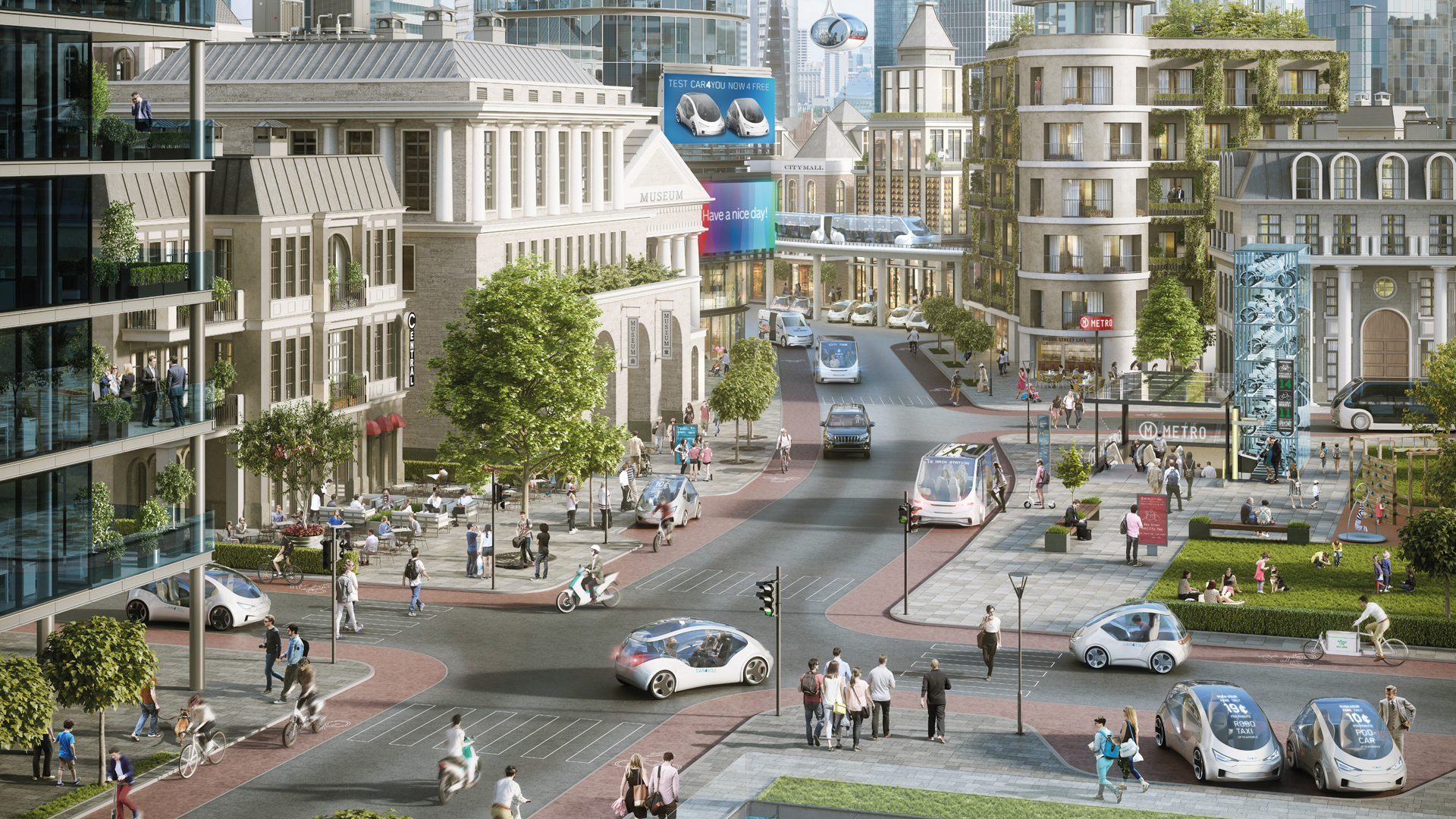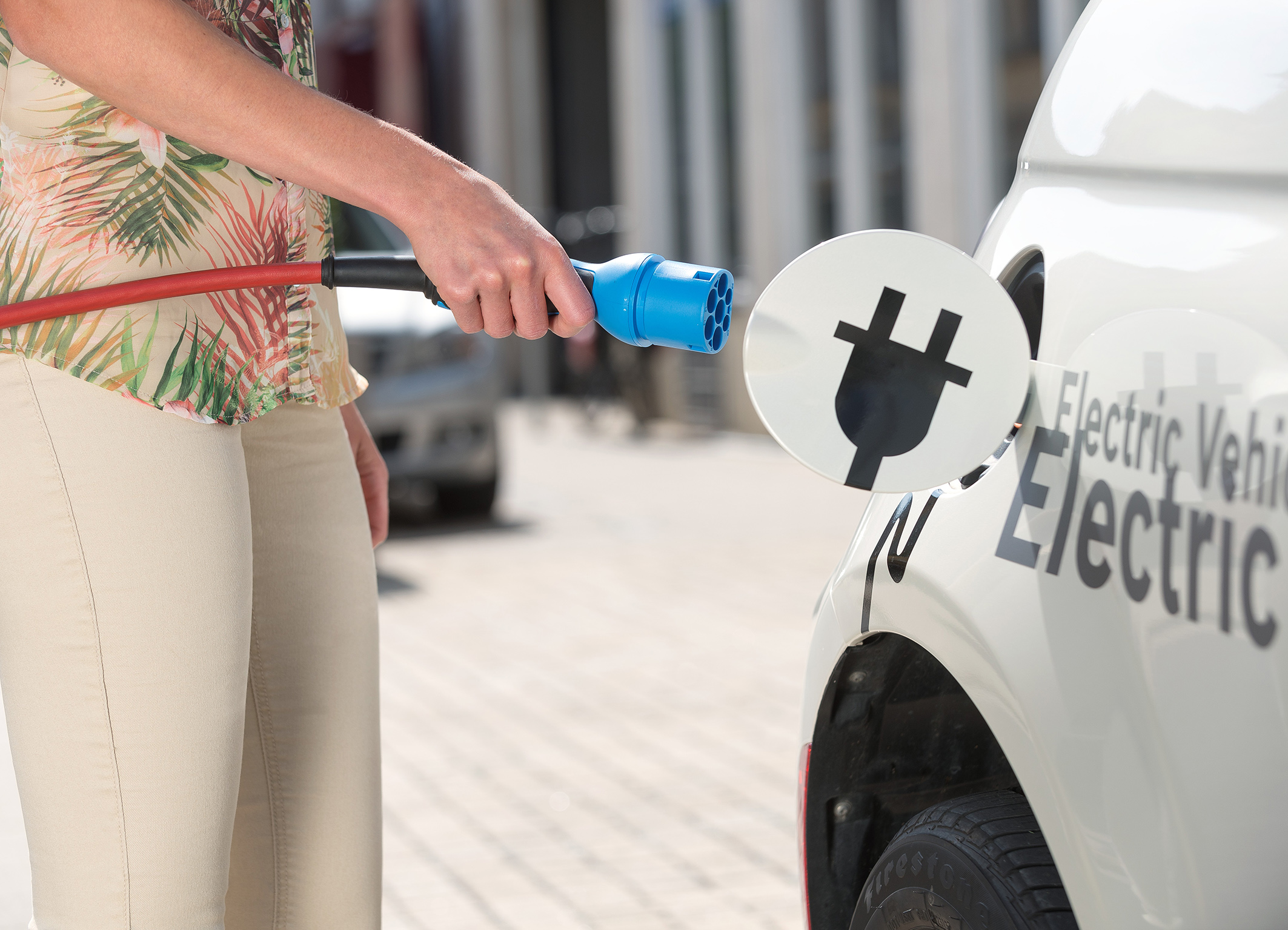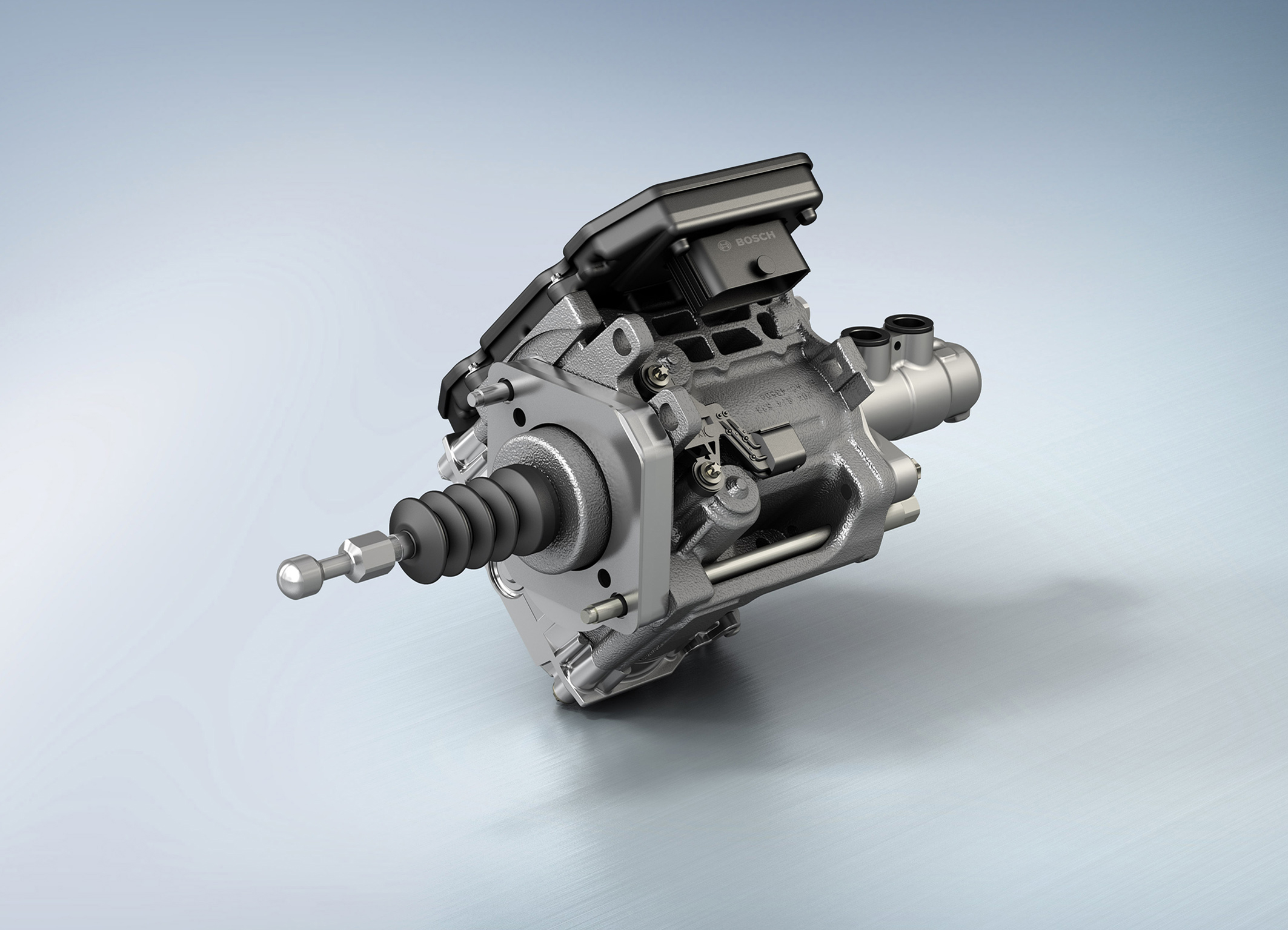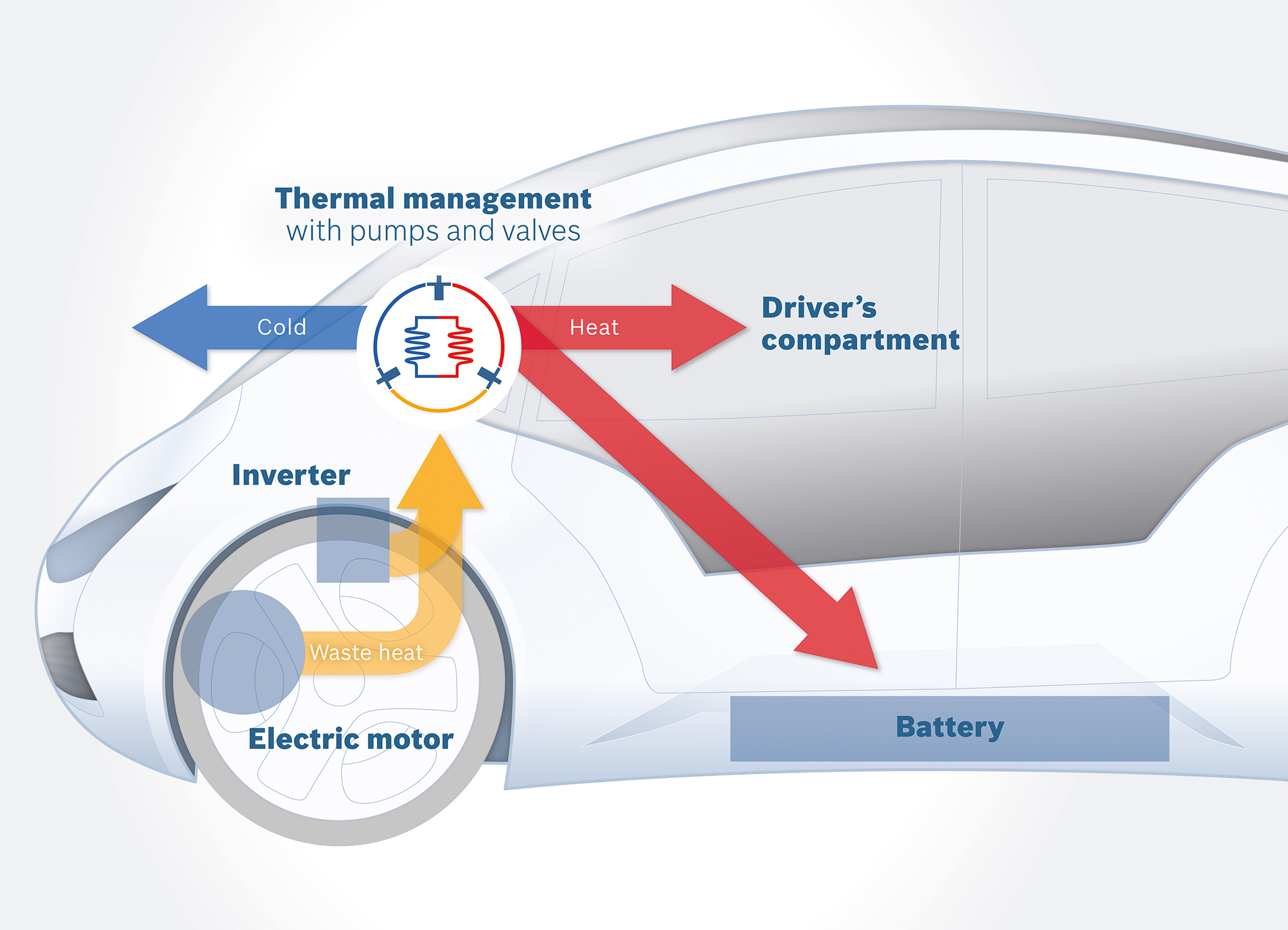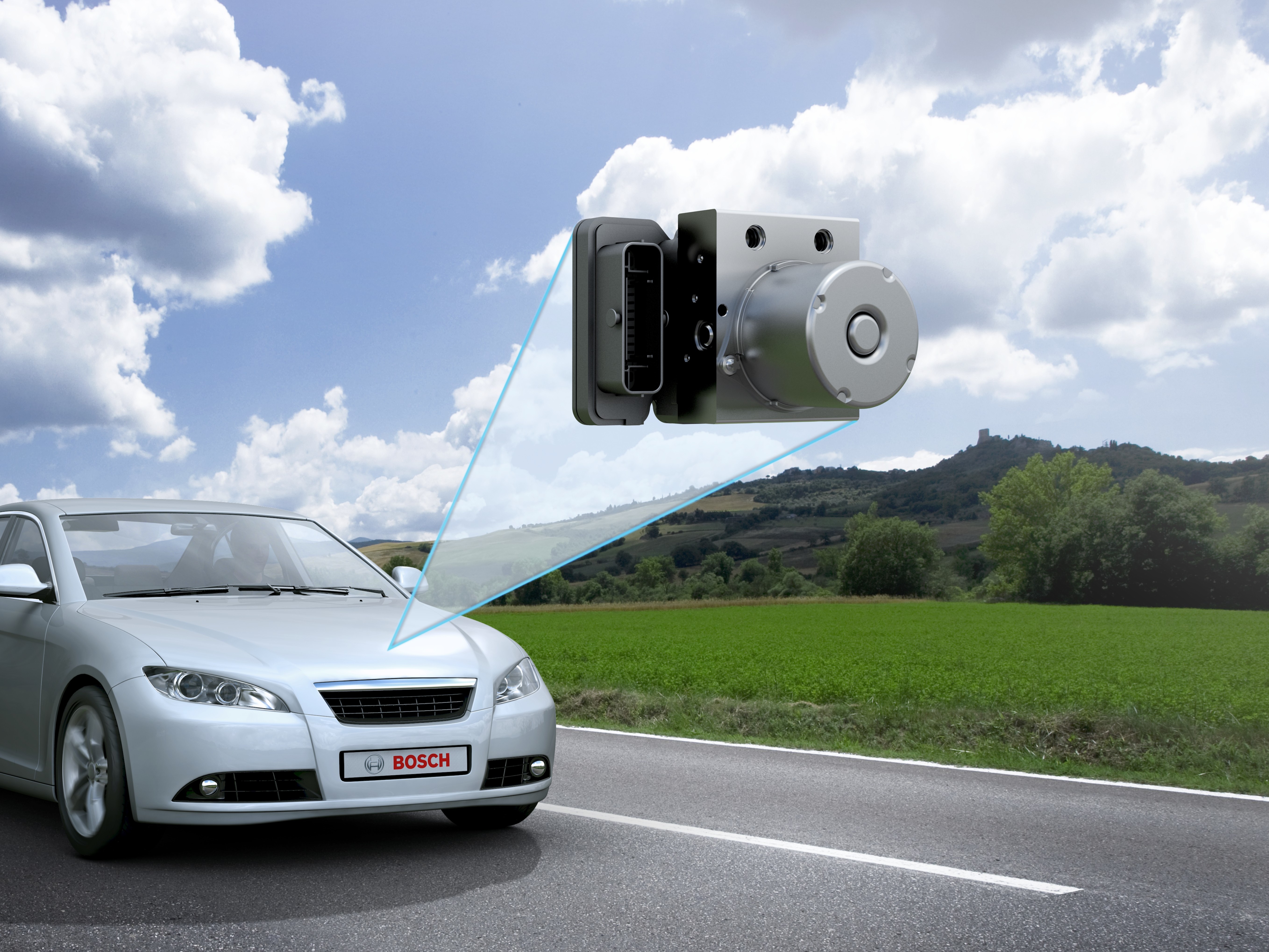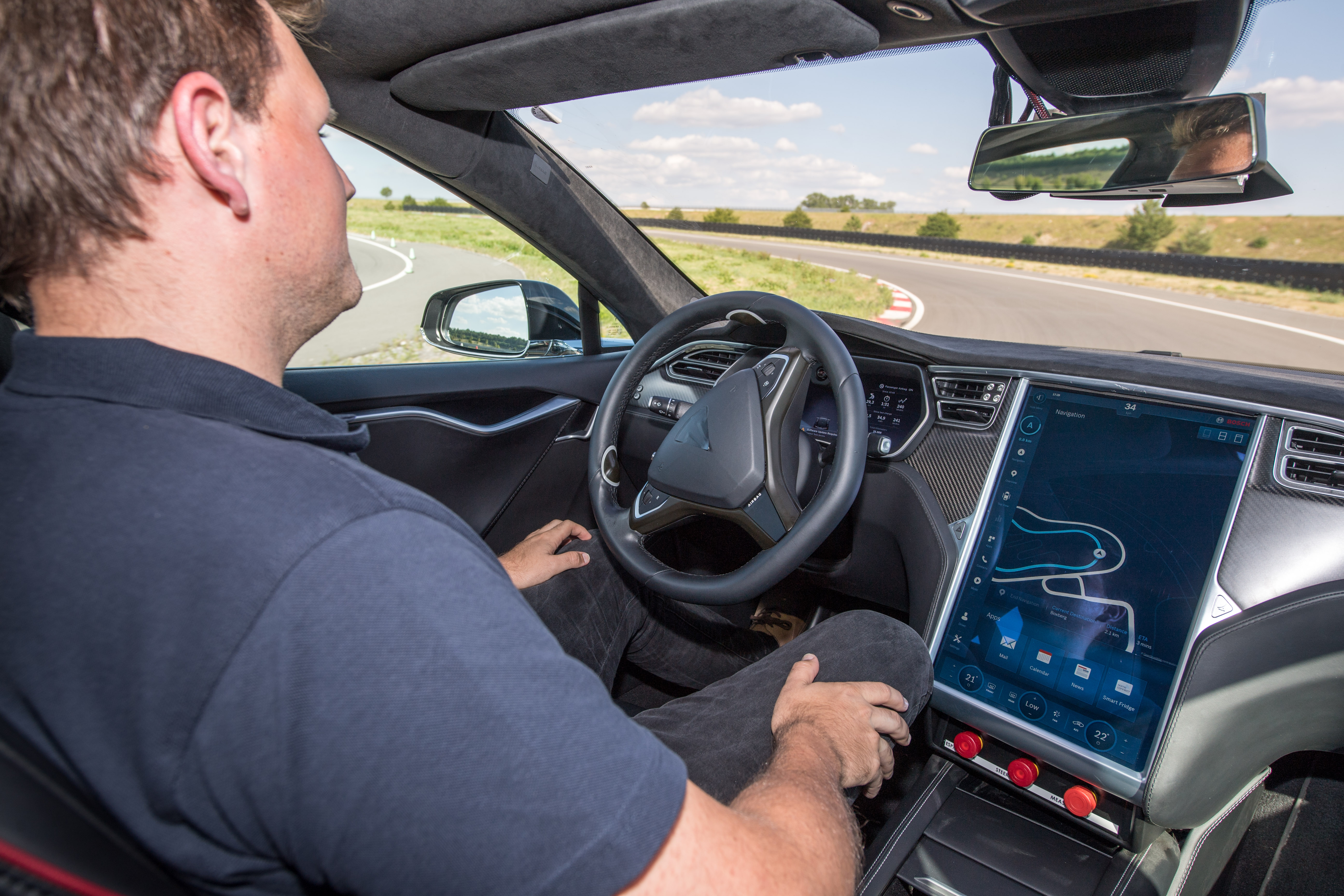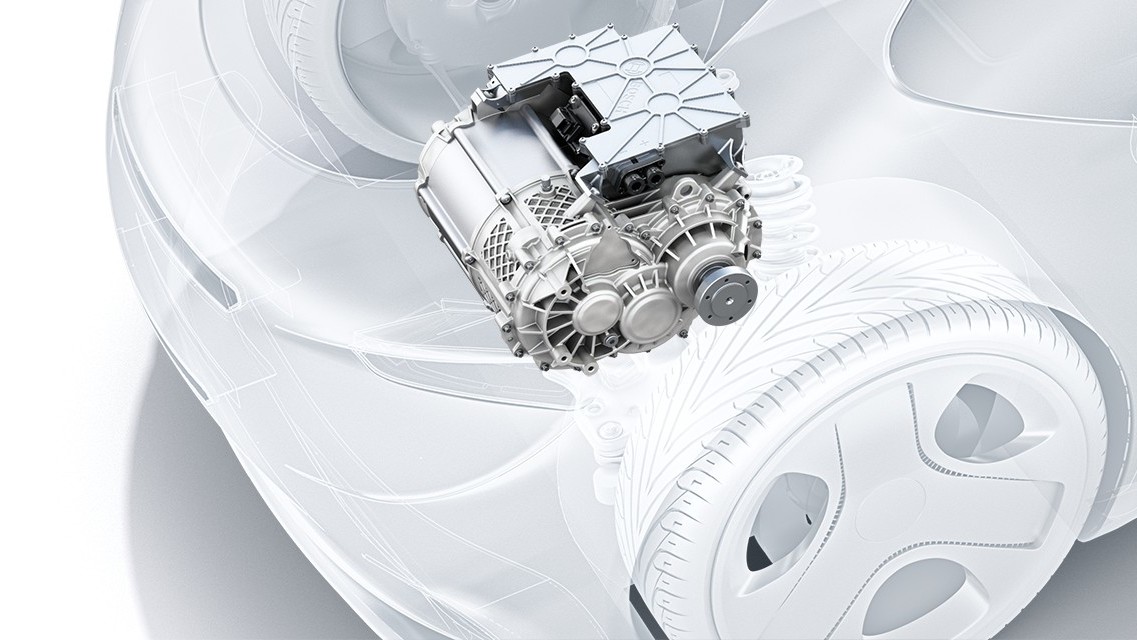DETROIT – The mobility industry is in a phase of technological evolution – and revolution – that will reinvent modern transportation. Bosch is at the forefront of this transformative era, delivering multiple solutions that will shape the future of mobility.
“Key automated, connected and electrified innovations will transform the ways we travel, do business, spend our commute time and care for our vehicles,” said Mike Mansuetti, president of Bosch in North America.
At the North American International Auto Show (NAIAS), Bosch will present several innovations that will make vehicles more efficient, more context-aware and much safer. From in-car systems to sensors, Bosch is delivering a full stack of automotive solutions for today and the future.
Key automated, connected and electrified innovations will transform the ways we travel, do business, spend our commute time and care for our vehicles.
Mike Mansuetti, president of Bosch in North America
Sustainable performance across powertrain options
As electrification goes mainstream, the powertrain is evolving. Consider the Bosch eAxle, which made its global debut at NAIAS 2017. Since that time, eAxle has experienced great success, rapidly becoming a technology solution for start-up and traditional OEM's alike.
The innovative eAxle combines the electric motor, power electronics and transmission into one compact unit that directly drives the vehicle. At NAIAS 2018, Bosch will showcase the eAxle and how it fits into the exciting future of electric vehicles.
There will also be other key innovations on display. For example, Bosch’s high-efficiency thermal management system can solve significant challenges for electric vehicles. The system is designed to extend an electric vehicle’s driving range while keeping its fast-charging battery cool.
The internal combustion engine (ICE) will remain a significant part of mobility into the foreseeable future. Thanks to Bosch advancements such as port and direct gasoline injection (P-DI), ICE engines are seeing significant gains in efficiency and performance. P-DI combines two normally separate fuel-injection approaches into one innovative system. The strengths of each approach perfectly complements the other, resulting in increased fuel efficiency alongside a decrease in emissions.
Regardless of the powertrain approach, engines are becoming more complex. Modern vehicles have as many as 100 standalone control units. Bosch’s approach to vehicle computing is pioneering and setting new standards in vehicle systems. The Bosch Vehicle Control Unit (VCU) is one of the several solutions, which can provide substantially higher computing power for added functions while reducing the number of standalone units. This frees up valuable installation space, reduces vehicle weight, and simplifies communication among control units.
While the VCU reduces complexity, it also enables future innovations by providing a scalable platform for the increasingly complex electric/electronic architectures needed to support new technologies. As electrified, automated and connected solutions become more prevalent, the complexity of E/E architectures is on the rise. The performance demands on these architectures are also intensifying, and Bosch is bolstering these systems for an increasingly interconnected future.
Connected solutions keep vehicles and drivers secure and informed
Automakers and providers require the right hardware for various connected services and applications. In this space, Bosch offers a wide array of versatile devices, from easy retrofit options to deeply embedded devices. Regardless of the size or form factor, each of these devices provides optimal performance for safety-critical services.
Connected services are another essential piece of the mobility puzzle. The Bosch Automotive Cloud Suite offers a comprehensive software toolkit comprising smart solutions, cloud services and device management. It enables automakers and mobility service providers to develop services for drivers and deploy them quickly to a wide market.
A comfortable, safe journey to an accident-free future
In order for fully automated driving to reduce accidents in the future, redundancy in safety-critical systems such as braking and steering is an absolute necessity.
Bosch is working on redundant braking solutions for all levels of automated driving, including a fail-degraded brake system that combines iBooster and ESC (Electronic Stability Control) systems. At NAIAS, Bosch will showcase its comprehensive range of braking innovations, including redundant braking for automated driving.
Bosch is also a leader in redundant steering solutions. At NAIAS 2017, Bosch introduced its Electric Power Steering (EPS) system, which offers fail-operational functions. The system, which enables drivers and autopilot systems to make safe stops in the rare case of a single failure, is a major development in the evolution of fully automated driving.
EXPERIENCE BOSCH AT NAIAS 2018 in Detroit, Michigan, USA:
At NAIAS 2018, Bosch is presenting automated, connected and electrified technologies with a focus on how vehicle electrification is becoming more desired and accessible.
BOSCH BOOTH: Monday to Thursday, January 15-18, 2018, on Level Three, Room 330A, Cobo Center.
Mobility Solutions is the largest Bosch Group business sector. According to preliminary figures, its 2017 sales came to 47.4 billion euros, or 61 percent of total group sales. This makes the Bosch Group one of the leading automotive suppliers. The Mobility Solutions business sector pursues a vision of mobility that is accident-free, emissions-free, and stress-free, and combines the group’s expertise in the domains of automation, electrification, and connectivity. For its customers, the outcome is integrated mobility solutions. The business sector’s main areas of activity are injection technology and powertrain peripherals for internal-combustion engines, diverse solutions for powertrain electrification, vehicle safety systems, driver-assistance and automated functions, technology for user-friendly infotainment as well as vehicle-to-vehicle and vehicle-to-infrastructure communication, repair-shop concepts, and technology and services for the automotive aftermarket. Bosch is synonymous with important automotive innovations, such as electronic engine management, the ESP anti-skid system, and common-rail diesel technology.
The Bosch Group is a leading global supplier of technology and services. It employs roughly 400,500 associates worldwide (as of December 31, 2017). According to preliminary figures, the company generated sales of 78 billion euros in 2017. Its operations are divided into four business sectors: Mobility Solutions, Industrial Technology, Consumer Goods, and Energy and Building Technology. As a leading IoT company, Bosch offers innovative solutions for smart homes, smart cities, connected mobility, and connected industry. It uses its expertise in sensor technology, software, and services, as well as its own IoT cloud, to offer its customers connected, cross-domain solutions from a single source. The Bosch Group’s strategic objective is to create solutions for a connected life, and to improve quality of life worldwide with products and services that are innovative and spark enthusiasm. In short, Bosch creates technology that is “Invented for life.” The Bosch Group comprises Robert Bosch GmbH and its roughly 450 subsidiaries and regional companies in some 60 countries. Including sales and service partners, Bosch’s global manufacturing, engineering, and sales network covers nearly every country in the world. The basis for the company’s future growth is its innovative strength. At 125 locations across the globe, Bosch employs 62,500 associates in research and development.
Additional information is available online at www.bosch.com, iot.bosch.com, www.bosch-press.com, www.twitter.com/BoschPresse.

